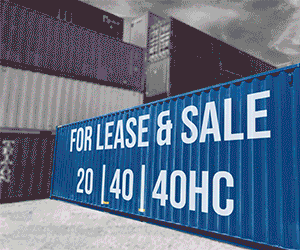Moving to autonomous operations increases reliability and predictability of energy supply

Recently the Swedish-Swiss giant ABB has published another of its ‘Energy Transition Equation’ reports that shows how industrial customers can reduce carbon emissions and manage the energy transition for a more sustainable future.
Based on nine months of research and modelling, the report highlights how early adoption and integration of automation, digitalization, and electrification technologies to enable autonomous operations can deliver savings of over 300,000 tons of carbon emissions per annum for offshore sites (approximately 25 percent reduction).
This is the equivalent of removing 150,000 combustion cars from the road and is the same volume of carbon dioxide responsible for five million tons of glacier mass lost each year.
“Even in the most advanced scenarios for renewables, we will still need to invest in oil and gas infrastructure to ensure availability and stability of supply to meet our energy needs,” remarked Brandon Spencer, President, ABB Energy Industries.
The report also demonstrates how companies can realize production efficiencies of up to US$ 30mn in annual savings, while delivering net revenue increases of up to US$ 120,000, thanks to autonomous operations.
A key part of this is redeploying companies’ offshore workforces, moving them from hazardous roles into new ones onshore. In doing so, employers can offer safer working environments, a better work-life balance and fill industry talents gaps by reskilling employees to support a data-led approach to oil and gas exploration and production.
Want to stay updated on the latest industry news and trends? Subscribe today to receive your monthly news highlights directly in your inbox!











